do artificial flowers die?
No, artificial flowers do not die because they are not living organisms. They are made from synthetic materials such as plastic, silk, or fabric, designed to mimic the appearance of real flowers. Unlike real flowers, artificial flowers do not require water, sunlight, or nutrients to survive. They can maintain their shape, color, and beauty for an extended period of time with proper care and maintenance.
1、 Lifespan and Durability of Artificial Flowers
Artificial flowers do not die in the traditional sense because they are not living organisms. They are made from materials such as silk, polyester, or plastic, which are designed to mimic the appearance of real flowers. As a result, artificial flowers can maintain their vibrant colors and shape for a long time, making them a popular choice for decorative purposes.
The lifespan and durability of artificial flowers can vary depending on the quality of materials used and how they are cared for. High-quality artificial flowers can last for several years or even longer if they are properly maintained. However, lower-quality artificial flowers may fade or deteriorate more quickly.
To ensure the longevity of artificial flowers, it is important to keep them away from direct sunlight, as prolonged exposure to UV rays can cause the colors to fade. Additionally, dust and dirt can accumulate on the petals, so regular cleaning is necessary to maintain their appearance. Gently wiping the flowers with a soft cloth or using a hairdryer on a cool setting can help remove any debris.
In recent years, there have been advancements in the production of artificial flowers, with manufacturers using new techniques and materials to create more realistic and durable products. Some artificial flowers are even treated with UV-resistant coatings to prolong their lifespan and prevent color fading.
While artificial flowers do not have the same natural beauty and fragrance as real flowers, they offer the advantage of being long-lasting and low-maintenance. They can be a cost-effective and practical alternative for those who want to enjoy the beauty of flowers without the need for regular replacements.
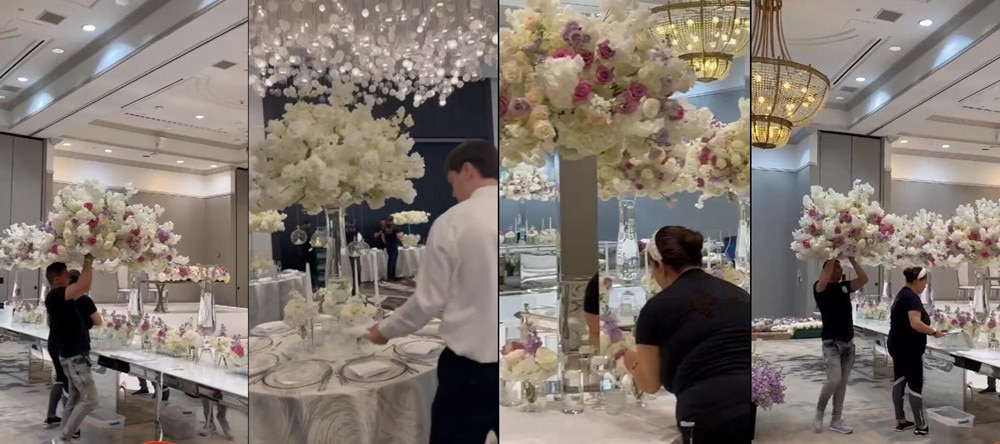
2、 Factors Affecting the Longevity of Artificial Flowers
Factors Affecting the Longevity of Artificial Flowers
Artificial flowers are designed to mimic the appearance of real flowers, but do they eventually deteriorate or "die" like their natural counterparts? The answer is no, artificial flowers do not die. Unlike real flowers, which are living organisms that undergo a natural life cycle, artificial flowers are made from synthetic materials that do not decay or wither over time. However, there are several factors that can affect the longevity of artificial flowers.
Firstly, the quality of the materials used in the construction of artificial flowers plays a significant role in determining their lifespan. Higher quality materials, such as silk or high-grade plastics, are more durable and resistant to fading, discoloration, and damage from sunlight or moisture. Cheaper materials may deteriorate more quickly, resulting in a shorter lifespan for the artificial flowers.
Secondly, the care and maintenance of artificial flowers can also impact their longevity. Regular cleaning to remove dust and debris, as well as proper storage when not in use, can help preserve the appearance of artificial flowers. Additionally, keeping them away from direct sunlight and excessive humidity can prevent fading and discoloration.
Lastly, the design and arrangement of artificial flowers can affect their lifespan. Flowers that are tightly packed together or have intricate details may be more prone to damage or breakage. Choosing a well-constructed arrangement and handling the flowers with care can help extend their lifespan.
It is worth noting that advancements in technology and manufacturing have led to the development of more realistic and durable artificial flowers. Some artificial flowers now incorporate UV protection to prevent fading, while others are made from eco-friendly materials. These innovations have further improved the longevity of artificial flowers.
In conclusion, artificial flowers do not die like real flowers. Their lifespan is influenced by factors such as the quality of materials, care and maintenance, and the design and arrangement. By considering these factors and choosing high-quality artificial flowers, one can enjoy their beauty for an extended period of time.

3、 Maintenance and Care for Artificial Flowers
Artificial flowers do not die in the traditional sense because they are not living organisms. However, they can deteriorate over time if not properly maintained and cared for. While artificial flowers may not require the same level of attention as real flowers, they still need some care to ensure their longevity and aesthetic appeal.
One of the most important aspects of maintaining artificial flowers is regular cleaning. Dust and dirt can accumulate on the petals and leaves, making them look dull and lifeless. Gently wiping the flowers with a soft cloth or using a hairdryer on a cool setting can help remove any debris and restore their vibrancy.
Another crucial aspect of caring for artificial flowers is protecting them from direct sunlight. Prolonged exposure to UV rays can cause the colors to fade and the materials to deteriorate. Placing the flowers in a location away from direct sunlight or using UV-protective sprays can help preserve their appearance.
Additionally, storing artificial flowers properly when not in use is essential. Keeping them in a cool, dry place and protecting them from moisture and extreme temperatures can prevent damage and extend their lifespan.
It is worth noting that the quality of artificial flowers has improved significantly in recent years. With advancements in technology and materials, artificial flowers can now closely resemble real flowers in terms of appearance and texture. Some even have a natural scent added to enhance the realistic experience.
In conclusion, while artificial flowers do not die like real flowers, they still require maintenance and care to ensure their longevity and visual appeal. Regular cleaning, protection from sunlight, and proper storage are key factors in preserving the beauty of artificial flowers.

4、 Environmental Impact of Artificial Flowers
Artificial flowers do not die because they are not living organisms. They are made from synthetic materials such as plastic, silk, or polyester, which are designed to mimic the appearance of real flowers. While artificial flowers may not wither or decay like real flowers, they do have their own environmental impact.
The production of artificial flowers involves the use of non-renewable resources and energy. The manufacturing process often involves the extraction of petroleum-based materials, which contribute to carbon emissions and pollution. Additionally, the production of synthetic materials requires the use of chemicals and dyes that can be harmful to the environment.
Furthermore, the disposal of artificial flowers can also have negative consequences. Since they are not biodegradable, they can end up in landfills where they will remain for hundreds of years. When disposed of improperly, they can also contribute to plastic pollution in oceans and other natural habitats.
However, it is worth noting that some manufacturers are making efforts to reduce the environmental impact of artificial flowers. They are using more sustainable materials, such as recycled plastics or biodegradable alternatives. Additionally, some companies offer recycling programs for artificial flowers, allowing customers to return their old flowers for proper disposal or recycling.
In conclusion, while artificial flowers do not die like real flowers, they do have an environmental impact. It is important to consider the materials used in their production and their proper disposal to minimize their negative effects on the environment.
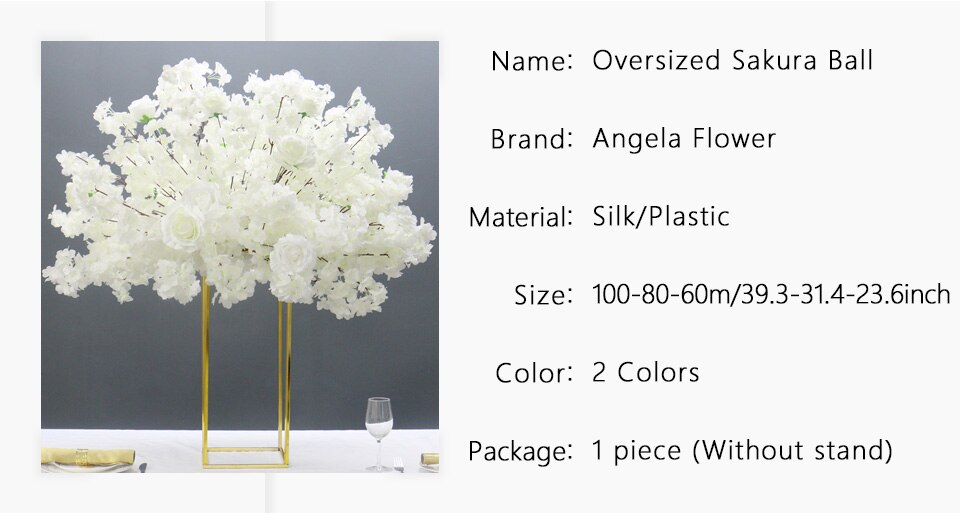



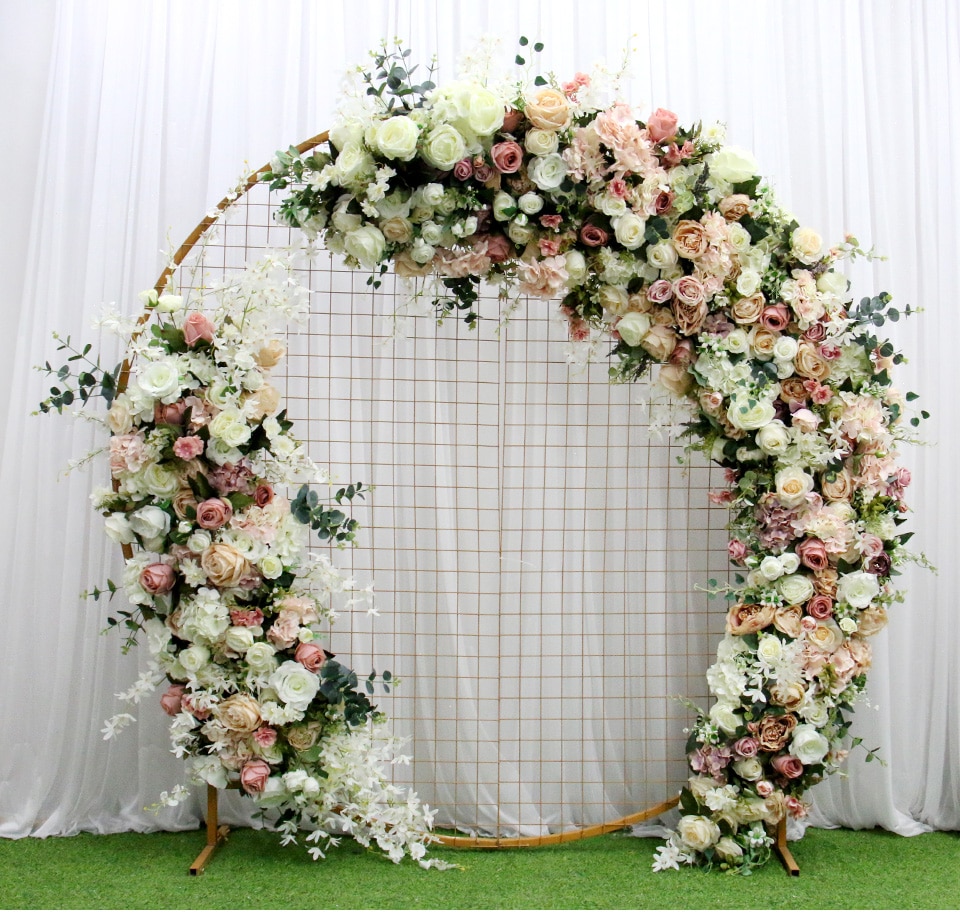

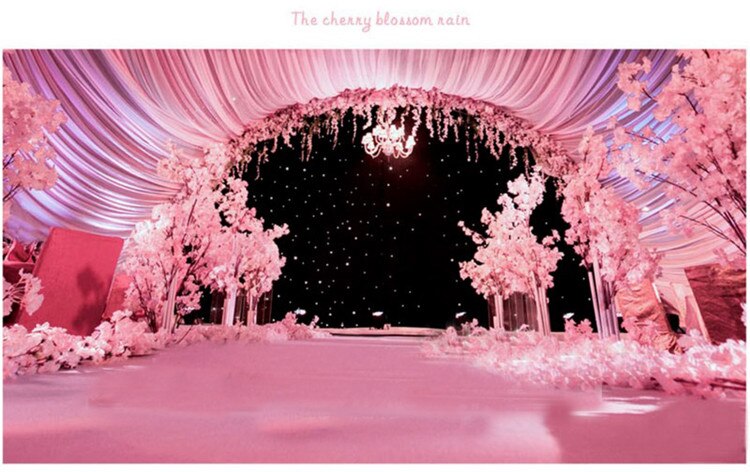

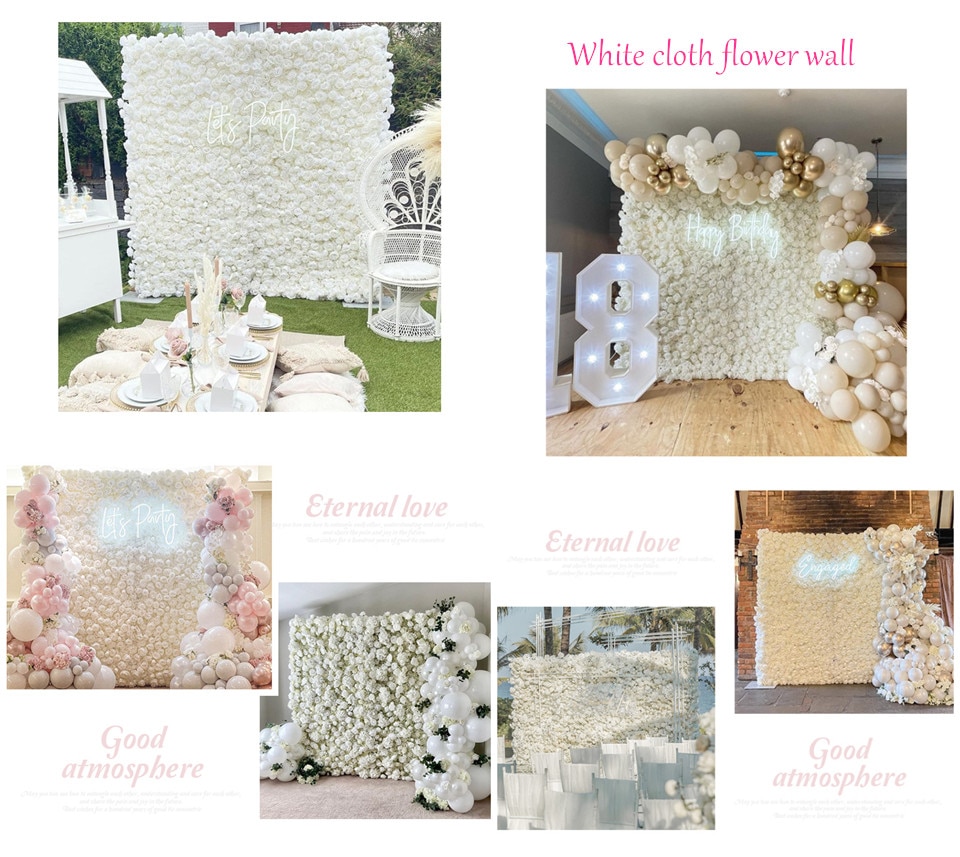































Leave your comment